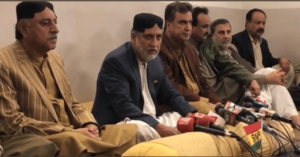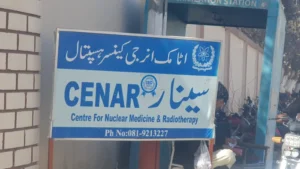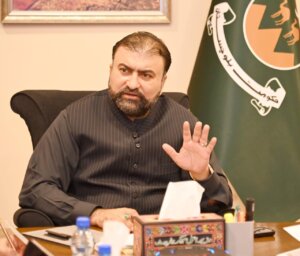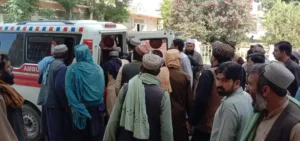Syed Muhammad Yaseen
ISLAMABAD: The Pakistan Medical and Dental Council (PMDC) is considering the reinstatement of the National Licensing Examination (NLE) for all MBBS and BDS graduates from public and private medical and dental colleges across Pakistan. The move aims to strengthen the quality control in clinical practice and medical education in the country.
The proposal was presented by PMDC President Prof. Dr. Rizwan Taj during a briefing to the Senate Standing Committee on National Health Services, where he stated that ending the NLE was a mistake and inconsistent with global medical regulatory standards.
According to Dr. Taj, the PMDC Council is expected to formally approve the exam’s revival on July 27, 2025. Once reinstated, no medical or dental graduate—whether local or foreign—will be allowed to practice in Pakistan without passing the NLE.
NLE to Become Mandatory:
The proposed decision will make the NLE compulsory for all MBBS and BDS graduates seeking a license to practice in Pakistan.
Quality Filter for Graduates:
Senator Humayun Mohmand supported the move, emphasizing the need to filter graduates by competency instead of banning new medical colleges.
Foreign Education Concerns:
Federal Health Minister Mustafa Kamal highlighted that a large number of Pakistani students are going abroad—often to low-quality institutions—due to limited local seats. He noted that Pakistan loses nearly $400 million in foreign exchange annually as a result.
High Failure Rate Among Foreign Graduates: The health minister revealed that 99.99% of foreign-trained doctors fail local licensing exams, raising serious concerns about the standard of overseas medical education.
Call for Paid House Jobs: Senator Mohmand demanded that house officers be paid at least PKR 150,000 per month. The health minister supported fair compensation but stressed that financial feasibility must be considered.
Concerns Over Unregulated Colleges: Senator Atta-ur-Rehman expressed alarm at the mushroom growth of private colleges, especially in Khyber Pakhtunkhwa, pointing out one “ghost medical college” and multiple institutions operating from a single building in Peshawar.
Audit of Medical Institutions Urged: The committee called on PMDC to conduct a thorough audit of infrastructure and academic standards across all medical and dental institutions.
WFME Compliance and Political Interference: Prof. Taj stated that according to World Federation for Medical Education (WFME) standards, political representation in regulatory councils is not allowed to ensure neutrality. However, the committee has asked PMDC to provide legal documentation of this rule.
Ongoing Reforms:
The PMDC recently upgraded medical college admission standards in February 2025, aligning them with European benchmarks, and is currently conducting a nationwide evaluation of all institutions.
Health Minister Mustafa Kamal also warned against recognizing degrees from low-quality, single-room foreign setups, advocating for strict screening before registration.
Professor Shehzad Ali Khan, Vice Chancellor of the Health Services Academy, added that his university is self-sustaining and boasts zero unemployment among graduates.
Committee’s Final Stand:
The Senate committee agreed to strengthen regulatory controls for medical education quality assurance and sought a formal response from WFME regarding its stance on political involvement in PMDC affairs.







NLE must be mandatory for all students, no matter they or foreign graduates or local graduates .. I think it is a very good suggestion .. it must be approved.